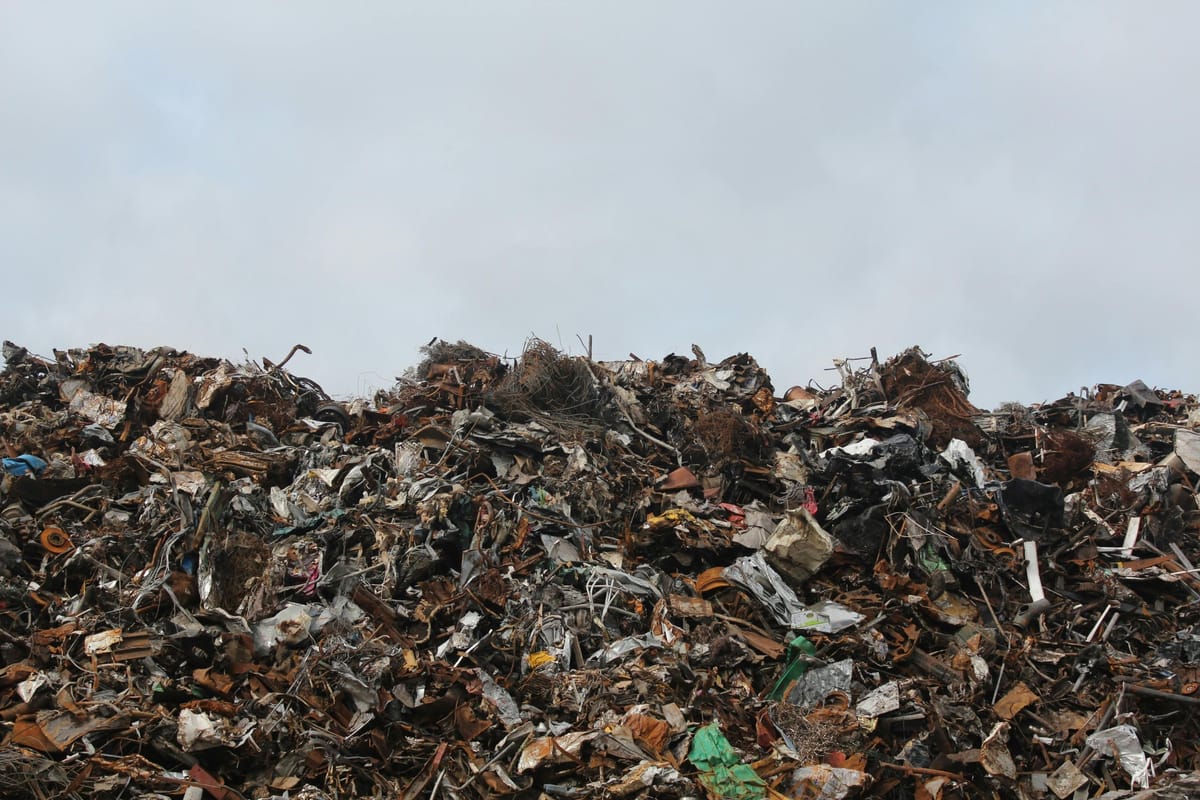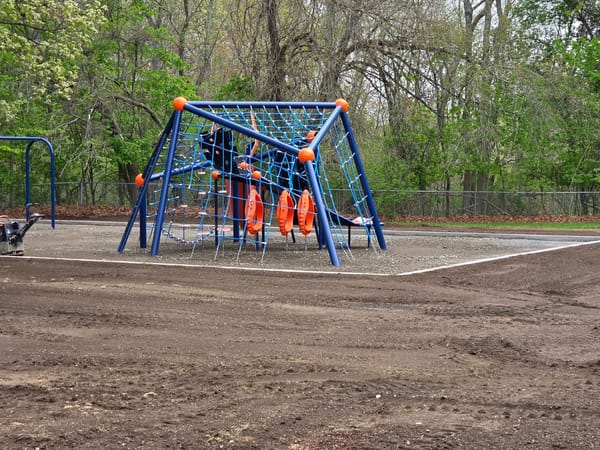What Happens to All of Burlington's Trash?
An in-depth look at what happens to Trash in Burlington after it is picked up from your home—and what you can do to reduce waste

Here's a fact you probably didn't know: The town of Burlington produces over 7,600 tons of waste per year. That's over a quarter-ton of trash for every single resident. But where does all the trash in Burlington go after the blue trucks pick it up from the curb? We've got some answers for you.
Here's a look at what happens to items in each of the main streams of trash in Burlington.
- Trash and burnable bulk either goes to an incinerator or to the Devens transfer station to be further sorted and diverted.
- Recycling goes to Waste Management in Billerica to be sorted and recycled.
- Whitegoods, which is a funny word for large kitchen appliances, are serviced by Greenwood Recovery.
- Construction and Demolition waste goes to the Peabody transfer station or to the Devens construction & demolition recycling facility.
According to the numbers available, Burlington sends less trash and recycling to the curb than some neighboring communities such as Tewksbury (744 lb/person) and Lexington (806 lb/person). Still, according to Gretchen Carey, Republic's New England Region Sustainability Manager, "We have nearly run out of landfills in Massachusetts." Diverting material out of the trash and sending food waste, textiles, and recycling in to separate streams can "lower the trash level and create jobs in the state, while using this material in a positive way."
But, with stories about offshore shipping of "recyclable" products, is recycling really worth it? Absolutely, says Carey. In 2018 major waste haulers, including Republic, who handles Burlington's waste disposal, committed to keep all plastics domestic, ensuring Burlington's recycled containers don't end up on foreign shores.
"Every time you recycle, you save water, energy, trees, oil, sand, and metal," Carey says. On average, about 80% of recycled materials in Massachusetts are given a second life, and residents can make that number even higher by following a few key guidelines.
- Empty and rinse containers before recycling them. Containers containing food create a health hazard for recycling workers and can't be recycled. These containers end up in the trash, "but more expensive trash since we have spent the time and energy to sort it," says Carey.
- Only recycle paper, cardboard, bottles, and cans. No wood, textiles, or items with food on them.
- Things that could get tangled around the machinery belong in the trash. This includes items such as metal hangers, ropes, hoses, Christmas lights, fabric strips, and VCR tapes.
Batteries create an additional hazard for the waste collection industry. Throwing them in the trash or recycling can create a dangerous situation, as crushing them can create an instant, hot-burning fire that can threaten the facilities and the trucks—and the people who operate them. Save lithium, rechargeable, and button cell batteries for the town's semi-annual Household Hazardous Waste Collection Day or find another disposal location.
As mentioned above, textiles (such as clothing and bedding) and food waste are separate waste streams. Big Brothers-Big Sisters picks textiles up for free with just a phone call. There are also numerous options for local donation of clothing in good condition, such as WeeCare and HELPIS. Food waste is easier to dispose of than ever: compost pickup is available for a small annual fee through Black Earth.
Beyond the Bin is another great resource for finding where to recycle items that don't fit within one of the easy-to-offload categories. For more information about Burlington's waste management and trash/recycling pickup, visit the Department of Public Works website.
And, a final note from Gretchen Carey, who provided much of the information in this article: "Please consider using reusable water bottles and reusable grocery bags: just do the math on how many disposables you are throwing out each year, and ask yourself whether the world needs all that trash…. And whether our children deserve that mess."
Readers might also be interested in this summary of trends in waste disposal in Massachusetts from the state Department of Environmental Protection.





